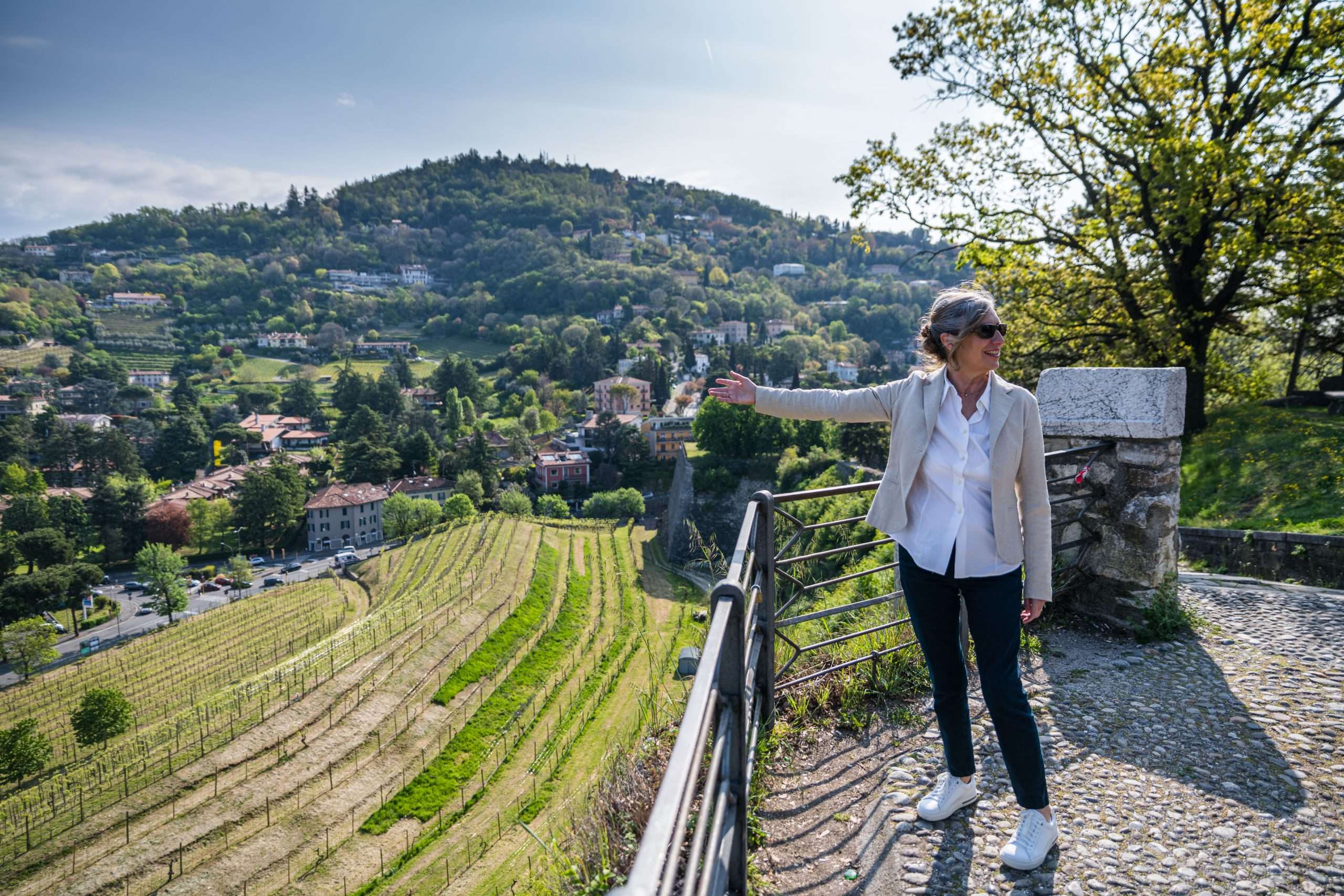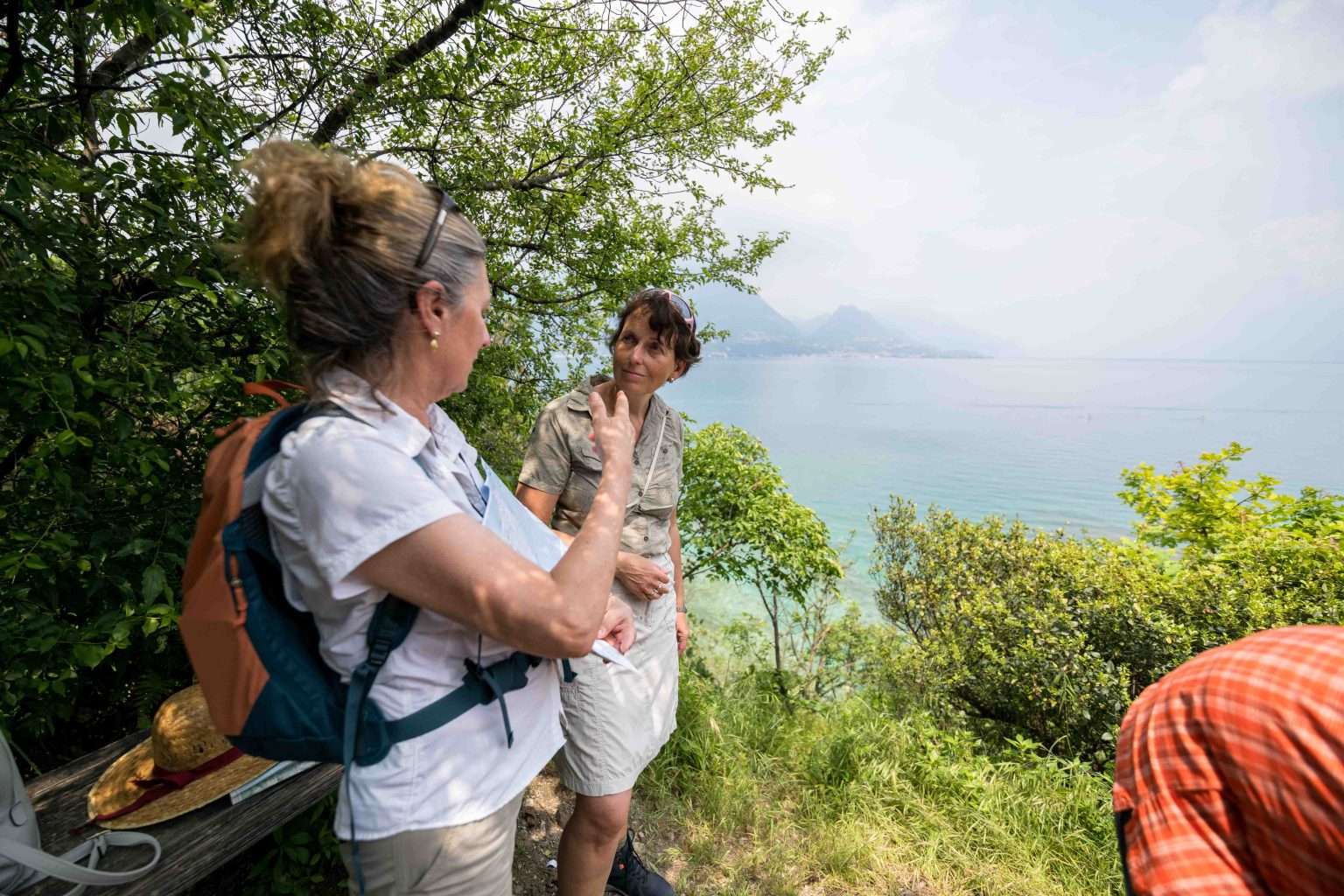
TOUR ESCORT OR TOUR MANAGER?
Tour escorts or tour managers express two opposite attitudes of approaching a job. It seems simple from a technical point of view and it lends itself greatly to interpretation, requiring a range of critical soft skills. The professional definition in the Italian manuals could be more specific, too. Finally, it seems that the role of tour manager has lost a lot of importance as tourism has become more and more of a mass phenomenon.
I’m not too fond of foreign words when there is an Italian version. If the devil is in the details and perhaps even in the translations, it ends up that the two roles of Tour Escort and Tour Manager are different. And I prefer the second one.
Accompany or manage?
The first definition interprets an almost passive role as an active assistant, only to anticipate solutions or solve possible problems. At the same time, the tour manager or the tour leader expresses the role of a professional whose action is decisive for the quality of the result. They do not have to invent anything since all the activities are planned. It is equally valid that often, the mood and presence of the tour manager create customer satisfaction, not exclusively the program.
Having practiced this for years in the role of the winery receptionist, this summer, I immersed myself in the world of tourism. I found myself putting my skills into practice in the world of tourism tout court. Enthusiasm, curiosity, and even naiveté always accompany discoveries, even if you arrive equipped from other planets.
Traditional roles
Very specific?
Or innovative tasks?
It is a role that lends itself to interpretation. I have seen many colleagues take turns with different approaches to these tasks. We should admit that definitions coined several decades ago would need some refreshing and updating. Meanwhile, people have changed their habits about travel motivation and leisure choices, the number of beds available in the world have increased, and people’s curiosity have changed.
Programs must adhere the expectations and each professional must offer an agreed-upon performance. How can the role of tour leader become most rewarding for the guest and for operators, too?
Below, I summarize five areas and roles that I see as indispensable to bring these figures up to date and to motivate them to be increasingly effective in their relationships with guests.
Getting to know and empathize
Brand Ambassador
Personal shopper
Customer care
Tourists do not exist.
No one likes to be called a tourist in any latitude. No one wants to be a fast consumer of tourist destinations, places where you take a few pictures but of which you have understood neither the context nor the importance, not even talking about the soul.
Most guests who visit a place with an open-ended formula want to be something other than a textbook tourist who receives a history lesson to which they feel alien. Understandable. It is also true that the places booked in the travel catalog differ from those we find on a trip: no site description in a record can ever transfer the context, time, and atmosphere it belongs to.
It is no coincidence that almost all travelers to our environments are surprised by aspects that we find obvious. Every tourist, especially a non-European, needs help understanding how we relate to the climate. For us residents, especially in the summer, some activities are done in the morning, others in the evening. We call them traditions, but they are the consequence of centuries of living together decided by the conditions of a place, not by us. If anything, suffered and ingrained by force majeure.
The more we can integrate the guests into our way of life, the easier it will be for them to enjoy their stay in the local practices.
In conclusion, tourists do not exist. There are guests, visitors, explorers, globe trotters, travelers, and as many definitions as a person can embody. It is up to us to “seize the moment” and make it memorable and, if possible, win the guest over for the next destination. Cheers!








